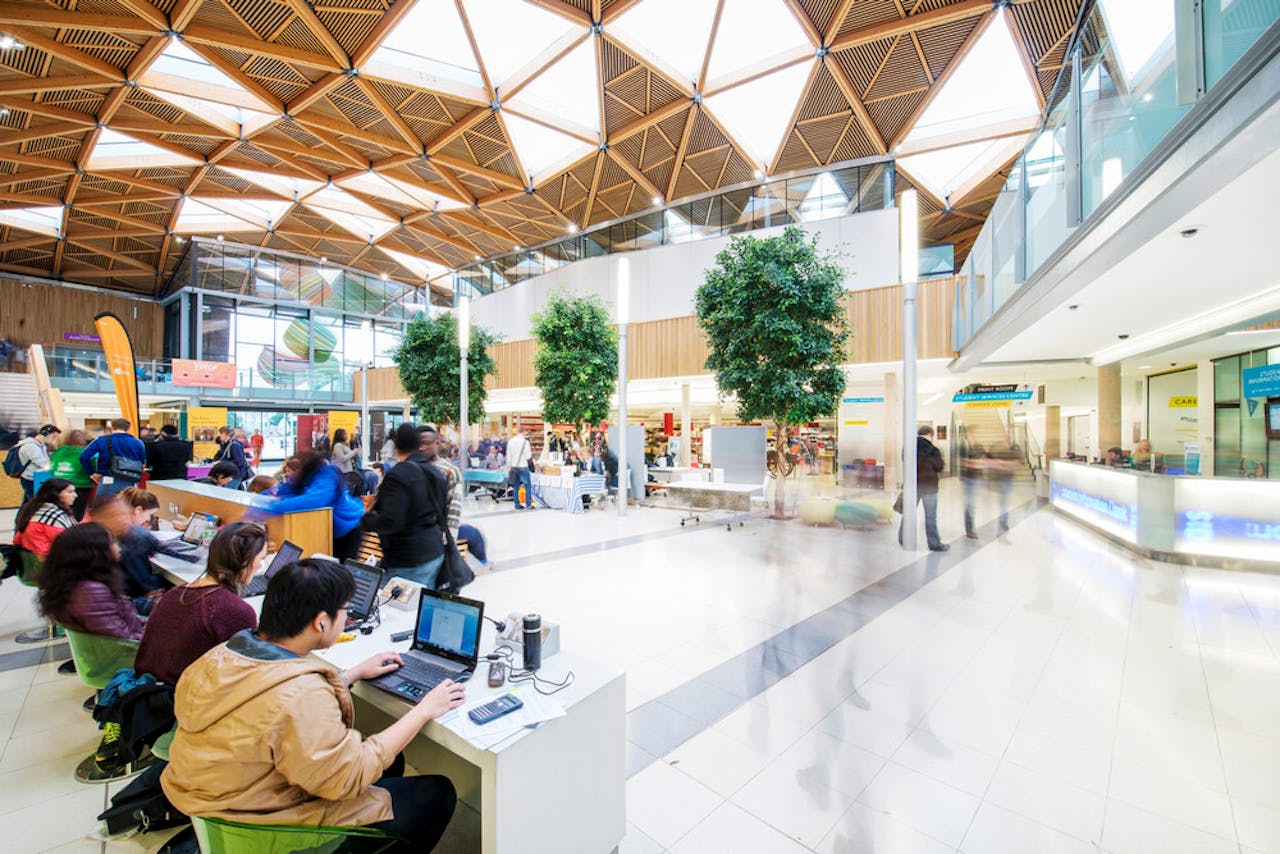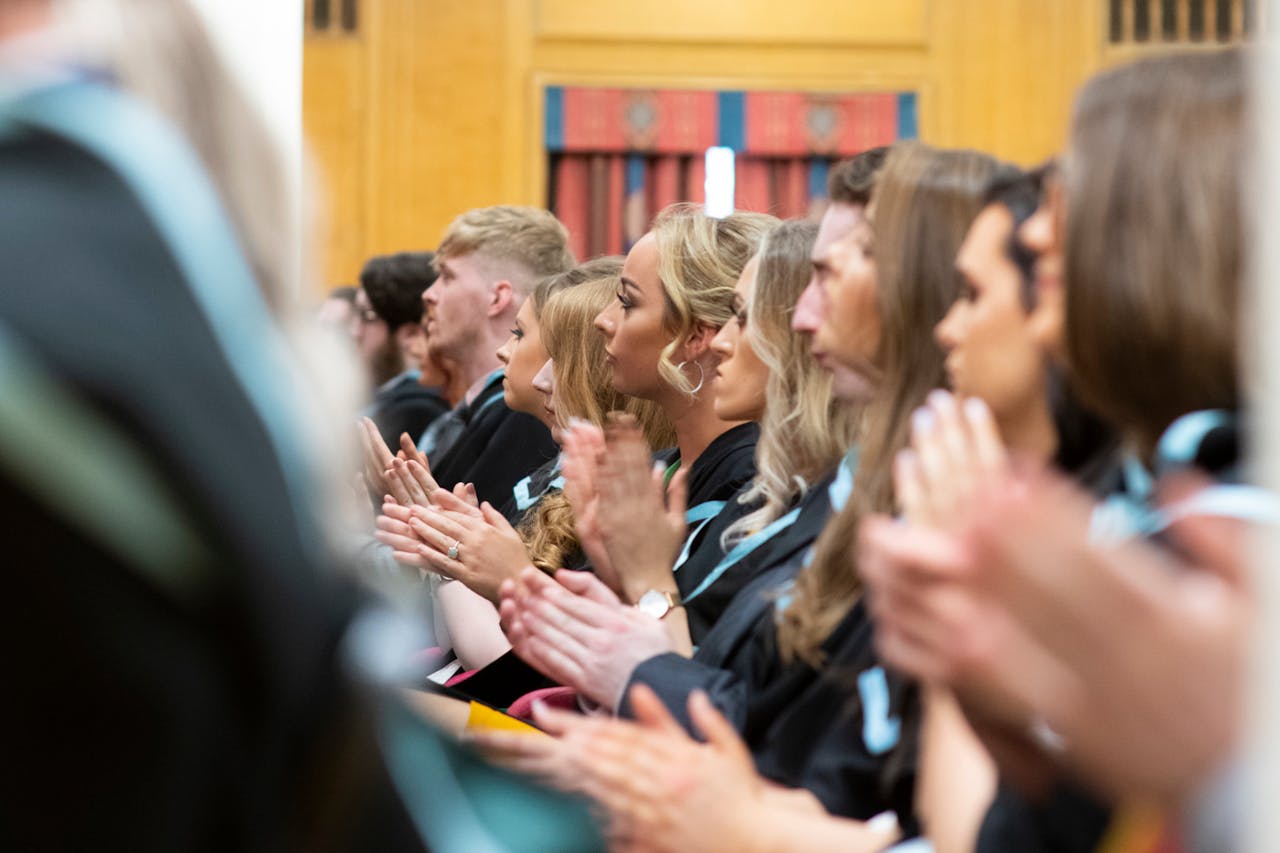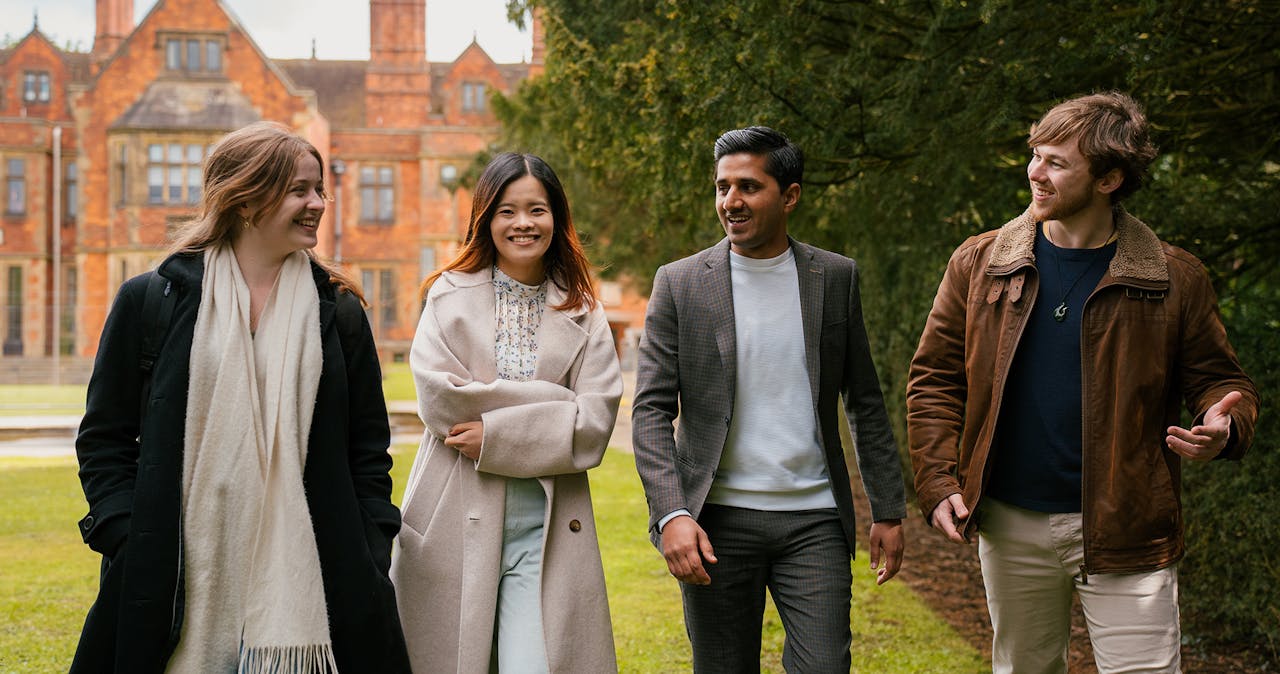How can I support my students?
As well as encouraging students to take up super-curriculars – and being supportive of engagement across many media types – teachers can also play a big part in signposting students to resources and help them to engage critically. Key websites which you may wish to have a look out for include Cambridge’s HE+, InsideUni (which is a student run ‘resource hub’, linking to many other sites), and OxPlore. Additionally, you may want to highlight opportunities like essay competitions and facilitate school-based challenges such as the Chemistry or Maths Challenges.
It's not just about the ‘doing’ though, or students ticking off books on a reading list – it’s about critical engagement, thinking, and finding a unique path through the material. Where possible, challenge your students to explore further; use references in your lessons which they can follow up; and encourage critical thinking structures relevant to your subject. All of this will help your students to make the most of the super-curriculars they are accessing.
Super-curriculars don’t have to be super confusing. Hopefully, both you and your students will find them a useful tool not only for university applications, but for exploring subjects, thinking critically, and enjoying engaging with the material that is out there.



